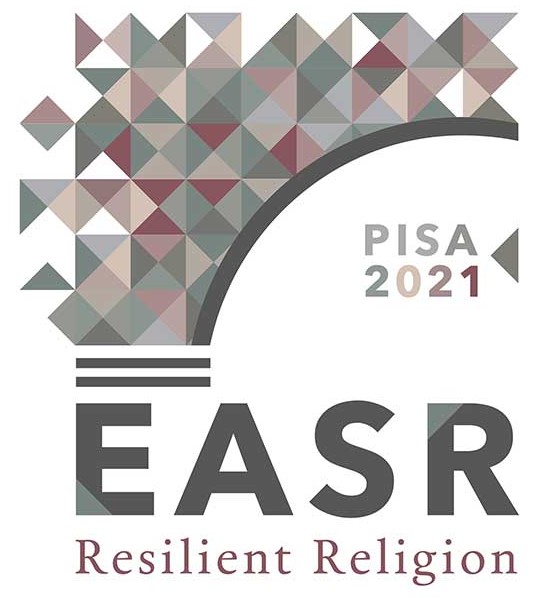Coping with the krisis. Phenomena of religious acculturation and enculturation: Patterns and policies of resilience
from the Hellenistic-Roman period and Late Antiquity
The present workshop proposal aims to analyze change and resilience in ancient individuals and society, in particular with respect to acculturation and enculturation phenomena occurring in times of krisis, as in the Hellenistic age and Late Antiquity, taking into account modern definition of acculturation and enculturation concepts.
Essentially, acculturation is defined as the extent to which people are participating in the cultural norms of the dominant group while maintaining the norms of their original culture (Berry 1980; Segall, Dasen, Berry & Poortinga 1999). Rather, the term enculturation can be helpful in more fully describing the experiences of these individuals, considering enculturation as the process of socialization to and maintenance of the norms of one’s heritage culture, including the salient values, ideas, and concepts (Herskovits 1948). Based on this definition, it can be explained that the “cultural maintenance” process that is described above might be better represented with the broader terminology of enculturation.
By these premises, focusing on the Hellenistic age and Late Antiquity as two turning points that marked radical changes “in the ancient political systems, social structures, religious beliefs, philosophical thinking, economic models and cultural trends”, we intend to explore policies and strategies of transition, transformation and mutation with related repercussions on the level of collective and individual perception and creation of new patterns of adaptation, absorption or even resistance capable of facing the collapse of ontologies that results from transformation and, thus, of ensuring the survival of groups and individuals.
In this perspective, the main topics of the workshop sessions are:
- perception and rationalisation of change by ancient individuals and societies;
- elaboration of forms of religious resilience to cope with processes of ontological blur, anxiety and discontinuity (e.g., attempts to management of and adaptation to change; compensation for the negative consequences of transformation; planning for the future);
- effects of change on human behavior and society;
- methods and strategies for detecting and measuring real and long lasting changes in antiquity, in face of the absence of immediate effects on society.
We encourage responses from a diverse range of methodological perspectives (historical, religious, anthropological, sociological, cognitive, etc.) and with multidisciplinary approaches (from historiography, philosophy and literature to documentary and material evidence).
We propose two workshop sessions, a closed session and an open one, with 4 speakers + 1 discussant and lasting 120 minutes (including discussion) for each.
References:
- Berry, J.W. (1980). Acculturation as varieties of adaptation. In A.M. Padilla (ed.), Acculturation: Theory, Models and Some New Findings (pp. 9-25). Boulder, CO: Westview;
- Segall, M.H., Dasen, P.R., Berry, J.W., Poortinga, Y.H. (eds.). (1999). Cognitive Processes. In: Human Behavior in Global Perspective: An Introducton to Cross-Cultural Psychology (160-185). Boston, Mass.: Allyn and Bacon;
- Herskovits , M.J. (1948). Man and his Works, The Science of Cultural Anthropology. New York: Alfred A. Knopf.
Further reading:
- Cecconi, G.A., Gabrielli, C. (eds.). (2011). Politiche religiose nel mondo antico e tardoantico: poteri e indirizzi, forme del controllo, idee e prassi di tolleranza. Atti del convegno internazionale di studi, Firenze, 24-26 settembre 2009. Bari: Edipuglia.
Giusy Viscardi: giuseppina.viscardi@unibo.it
